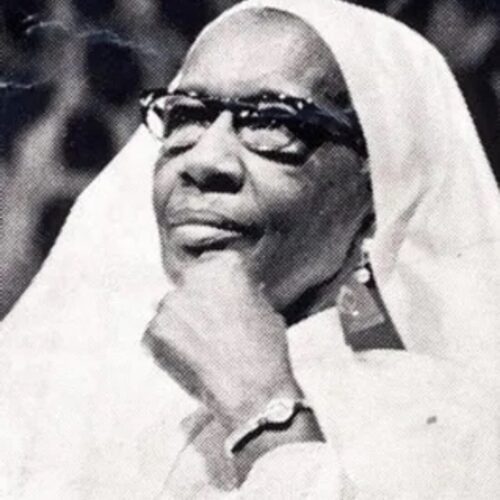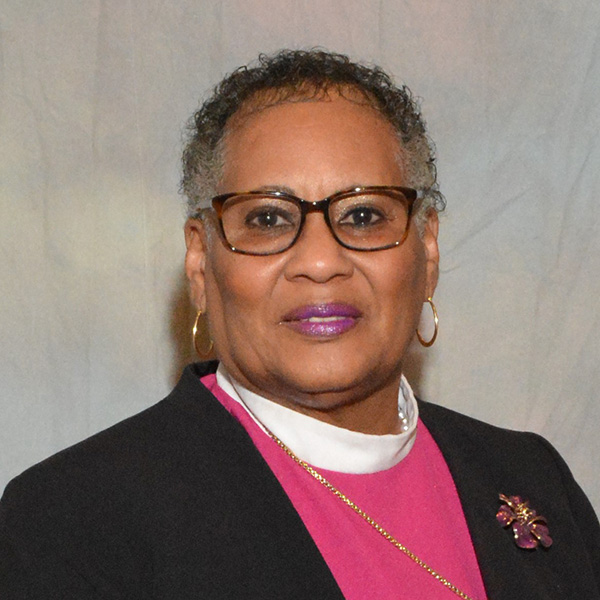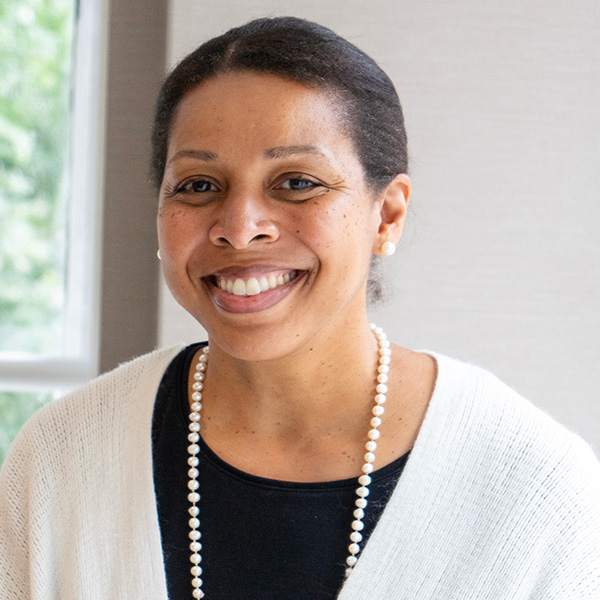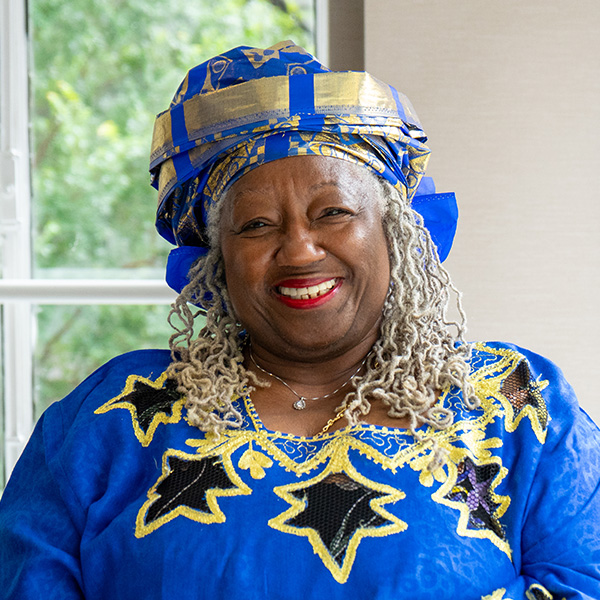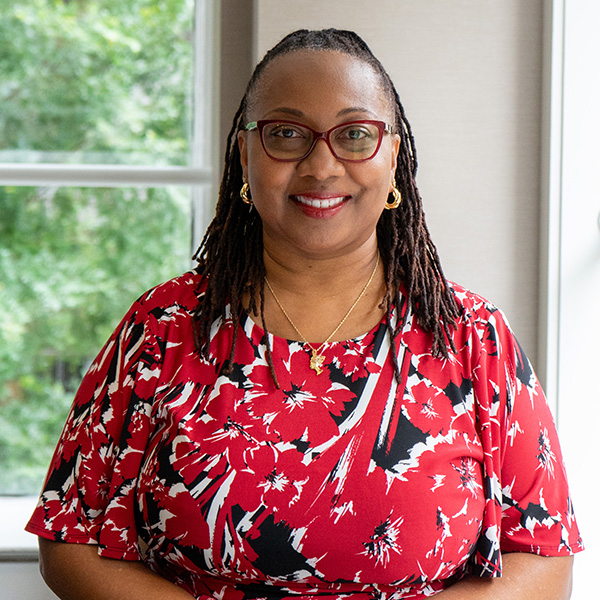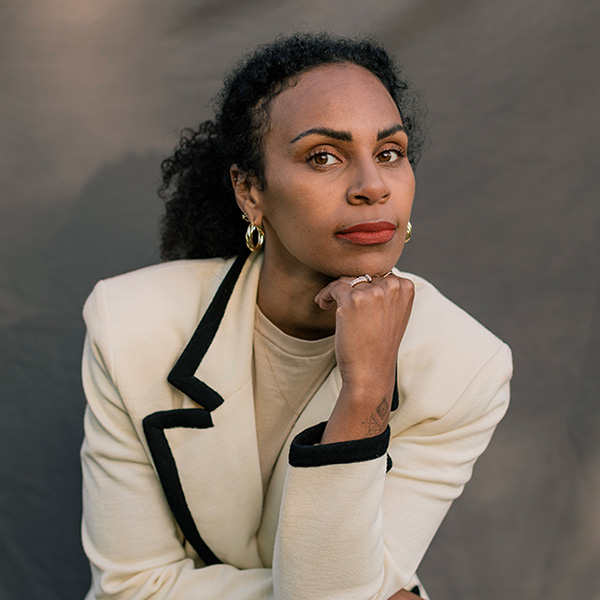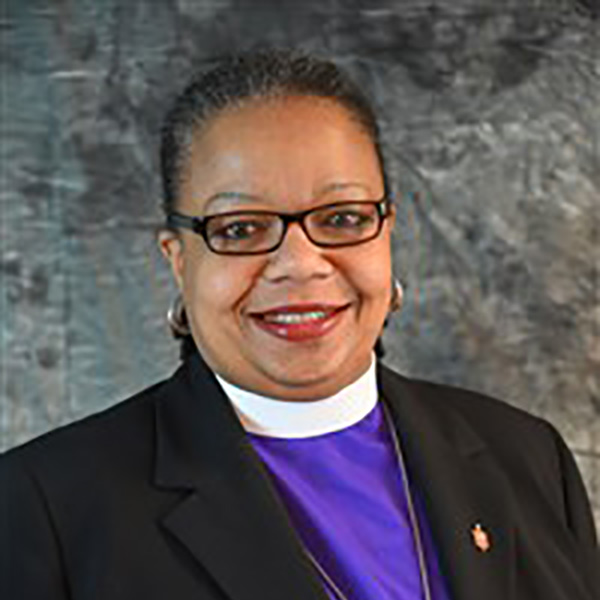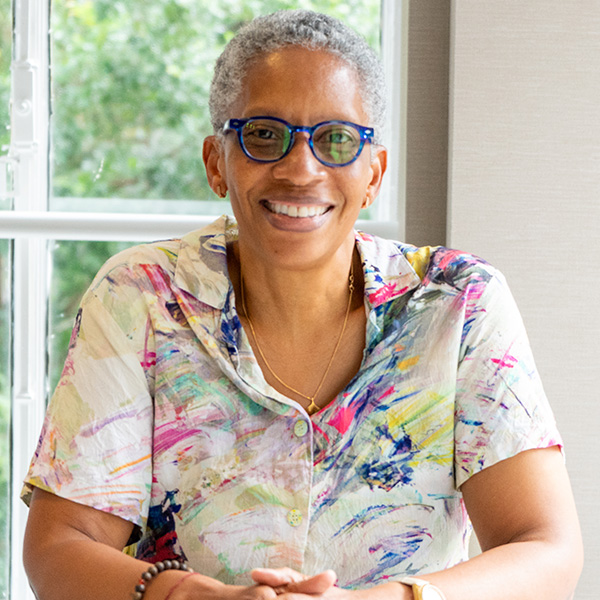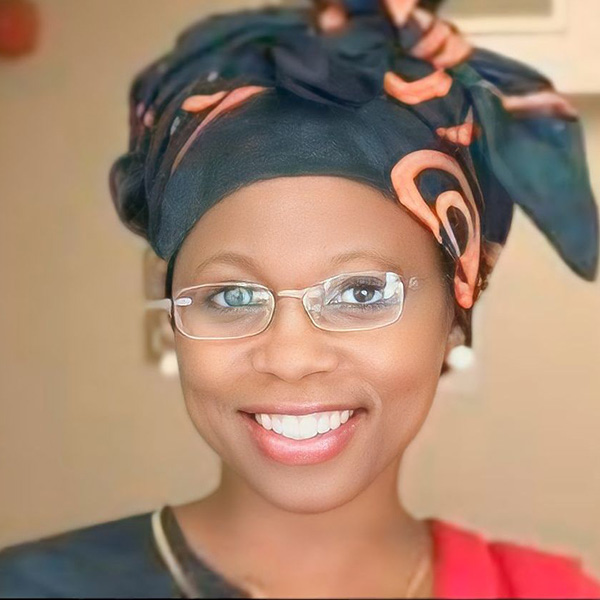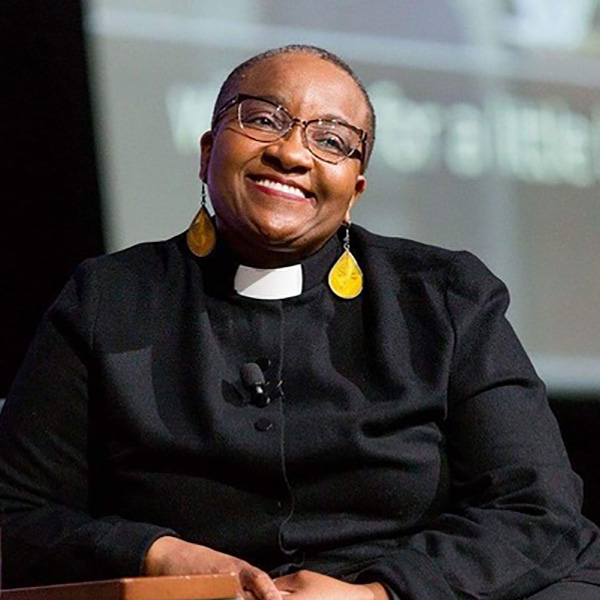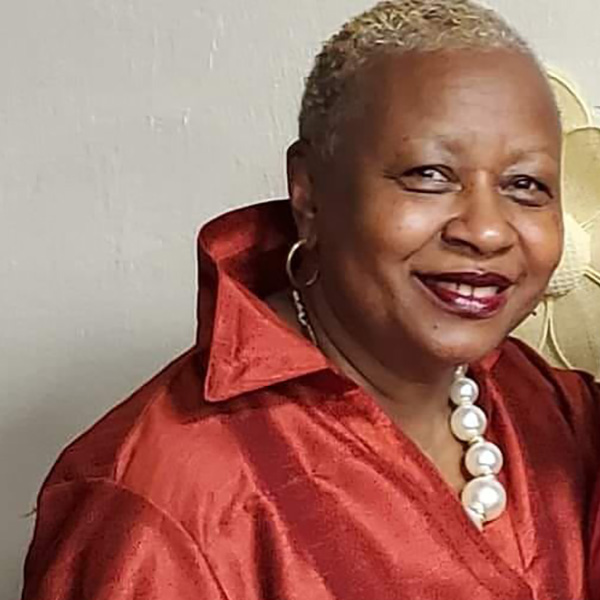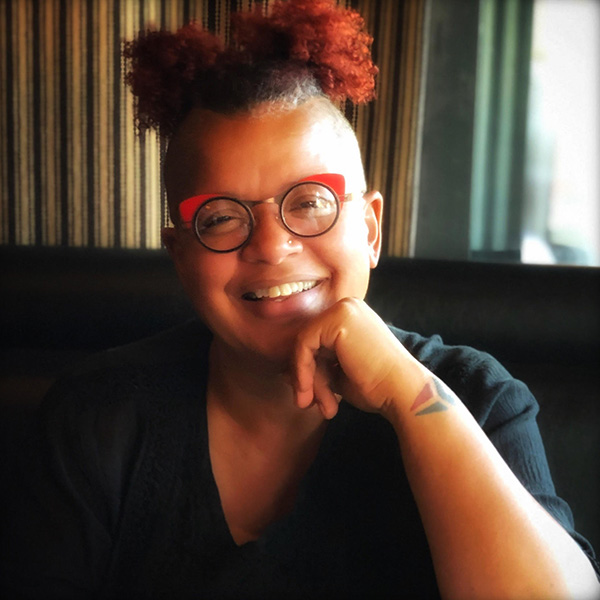Biography
Early Life
Clara Muhammad helped found the Nation of Islam with her husband Elijah Muhammad in the 1930s.
Clara Belle was born to Quartus and Mary Lou Evans in Wenona, GA. Her parents worked as sharecroppers, and she was raised in the local African Methodist Episcopal Church where she sang in the choir. Though she later converted to Islam, the songs of her youth stayed with her throughout her life.
She was able to attend school up until the seventh or eighth grade.
By age 20, she was married to Elijah Poole in 1919 and had begun their family, which would later grow to eight children.
The family moved from rural Georgia to the bustling city of Detroit, Michigan in 1923 as many other African American families did during the Great Migration.
Religious Influence
The first several years after their move to the Midwest were difficult because Elijah suffered from alcoholism and the family lived in poverty.
In her January 1967 article “An Invitation to 22 Million Black Americans, she recalled “Once my family and I were at our lowest ebb—in a bad condition. With five children, there were times we didn’t have a piece of bread in the house, nor heat, water or even sufficient wearing apparel [clothes].”
Clara and Elijah found solace in the teachings of Wallace Fard who promoted a dual Black empowerment and Islamic theology of liberation.
The couple embraced Fard and were able to move beyond their hardships. Clara developed a grade school curriculum that grew into the University of Islam.
Religious Leadership
As the first and lead teacher, Clara promoted self-love and self-reliance, which aligned with NOI religious values. Later, she developed the Muslim Girls’ Training and General Civilization Class for girls and women in the faith.
By 1934, Clara and Elijah changed their last name from Poole to Muhammad under Fard’s directive and moved to Chicago where Clara helped establish another University of Islam.
In addition to structuring the education of the NOI, Clara also was a steadfast leader who supported the organization’s growth throughout the 1940s and 1950s.
In 1943, Elijah appointed her as the Supreme Secretary.
The religious teachings and radical activism of the NOI made them a target of local police and the Federal Bureau of Investigation.
Despite the constant threats of violence and imprisonment that loomed over her family, Clara maintained her posture as an unwavering leader of the ever-growing religion.
The NOI’s leadership and intellectual arguments for Black economic and social independence made them a powerful voice in the Civil Rights Movement of the mid-twentieth century.
Clara’s memory in the NOI became an embedded symbol after her death on August 12, 1972.
In 1975, the Sister Clara Muhammad Memorial Foundation was created to honor her legacy. The Sister Clara Muhammad Schools are now part of an independent private school network for at least forty schools across the United States.
Clara Muhammad is still celebrated as a wife, mother, educator, and unwavering leader as a noted activist of the civil rights era.
